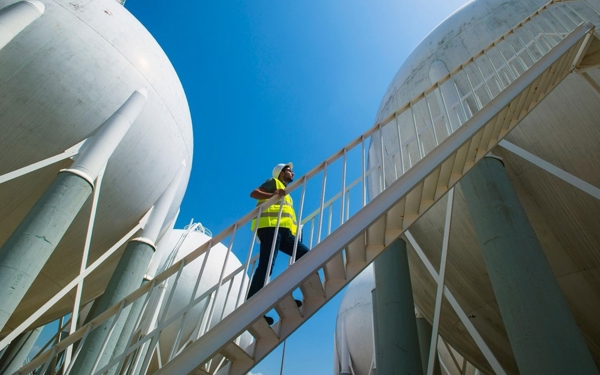Effects of climate change on banks
European banks are hit hard if we do not act against climate change, according to a climate stress test conducted by the European Central Bank (ECB). This is because the cost of natural disasters and extreme weather conditions will increase. As a result, some businesses could to be unable to repay their loans to banks. In addition, the energy transition could cause banks to make losses on loans they have outstanding to carbon-intensive businesses. The ECB's stress test shows that a bank's corporate loan portfolio is 8% more likely to default in 2050 under a greenhouse gas scenario than under the scenario that involves an orderly energy transition. Portfolios most vulnerable to climate risks are even 30% more likely to default by 2050. Read more about the ECB's climate stress test.
Climate change and our supervision
Financial institutions must ensure they remain safe and sound. This is at the core of our supervision. We pay close attention to climate risks because they can threaten the financial health of an institution. We expect financial institutions to identify and manage these risks. Most institutions do not yet sufficiently incorporate sustainability risks in their risk management, according to a survey of 127 Dutch financial institutions. And they find it difficult to measure these risks because there is little consistent and reliable data. Read more about this survey.
Tackling climate risks in the financial sector
We expect financial institutions to identify and manage their climate-related risks as part of all of their operations, from business strategy to risk management frameworks. We expect banks to factor climate risks into the lending process and monitor these risks in their portfolios. We also expect institutions to monitor the impact of climate and environmental factors on current market risk positions and future investment. Read more about our expectations of banks' climate risk management.
Assessing board members on climate knowledge
We expect senior management of financial institutions to have knowledge of the risks inherent in climate change and the transition to a climate-neutral economy. They need such knowledge to define the business strategy, objectives and risk management framework, and to supervise these. We assess all prospective management and supervisory board members of financial institutions for fitness and propriety. Climate-related and environmental risks also feature in our assessment interviews. We ask proposed board members about their knowledge and experience with these risks and the legislation that applies. Read more about our fit and proper assessments here.
The financial sector and sustainable investment
Businesses in the financial sector can contribute to the energy transition by investing sustainably. Financial institutions have sizeable investment portfolios, sometimes worth billions of euros. If they invest more, for example, in renewable energy and less in carbon-intensive sectors, they can contribute to achieving a climate-neutral economy. For example, Dutch insurers invest less in fossil fuels. In 2019, they invested 17% of their assets under management in the three most polluting sectors, down from 24% in 2021. Recently ABP, which is the largest Dutch pension fund, decided it would no longer invest in fossil energy. Read more about our research and recommendations on financing the energy transition.
Our supervision
We are committed to ensuring a safe financial sector. This is why we supervise financial institutions. We closely follow all developments that may affect financial institutions and monitor risks to prevent things from going wrong. Read more about our supervision.





